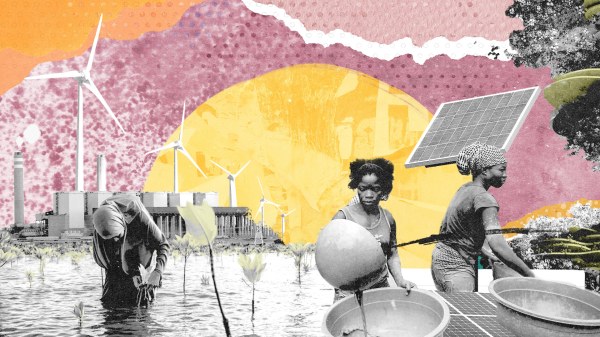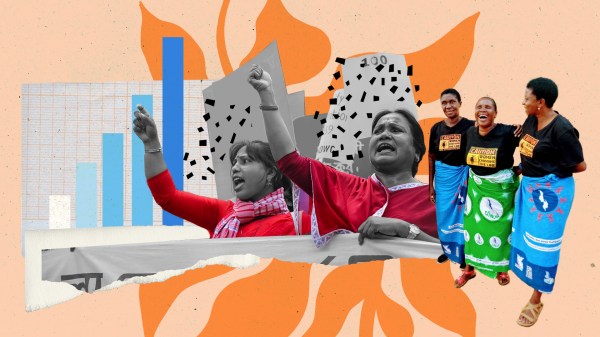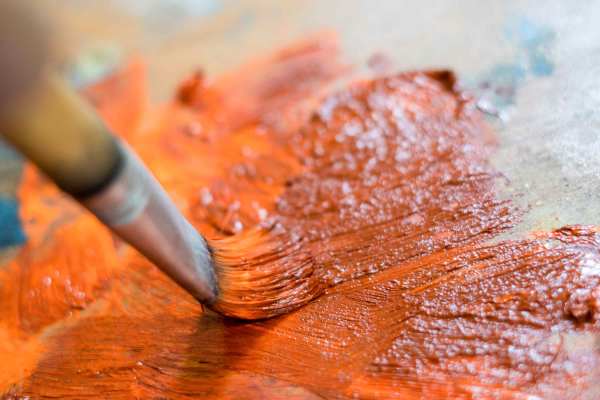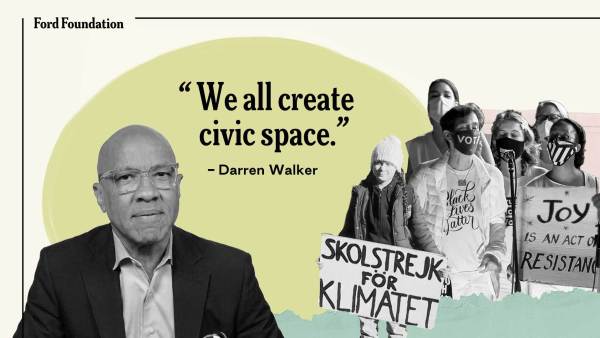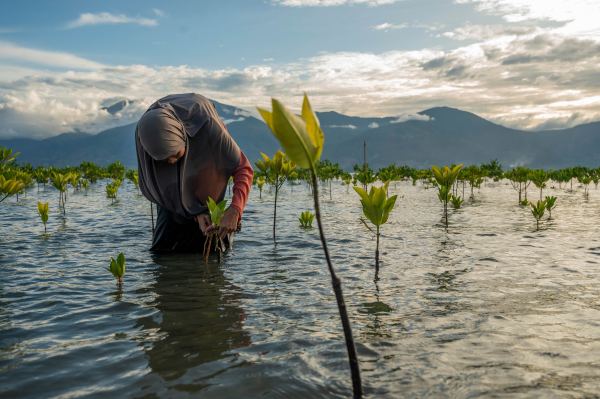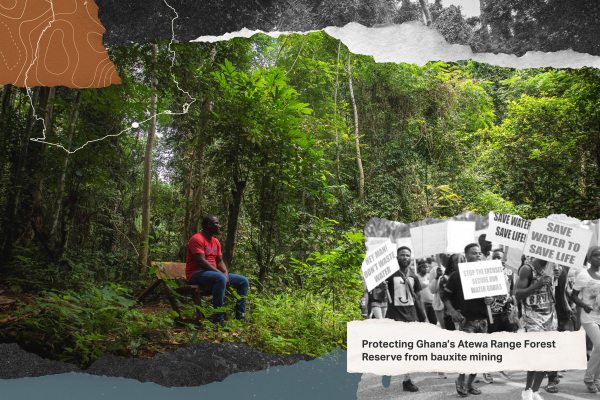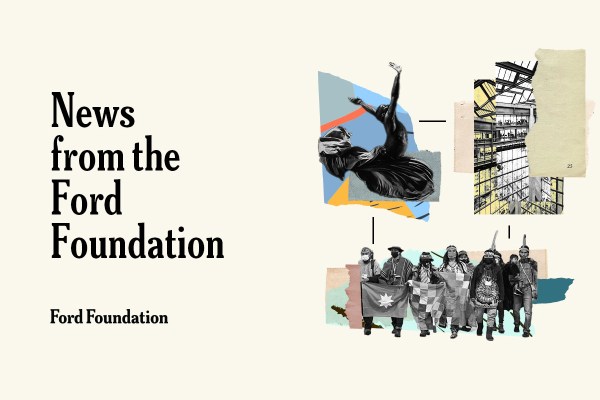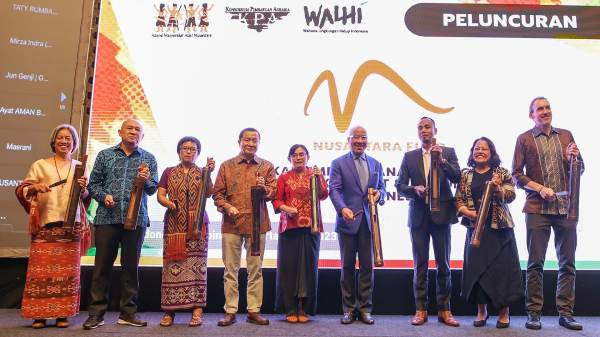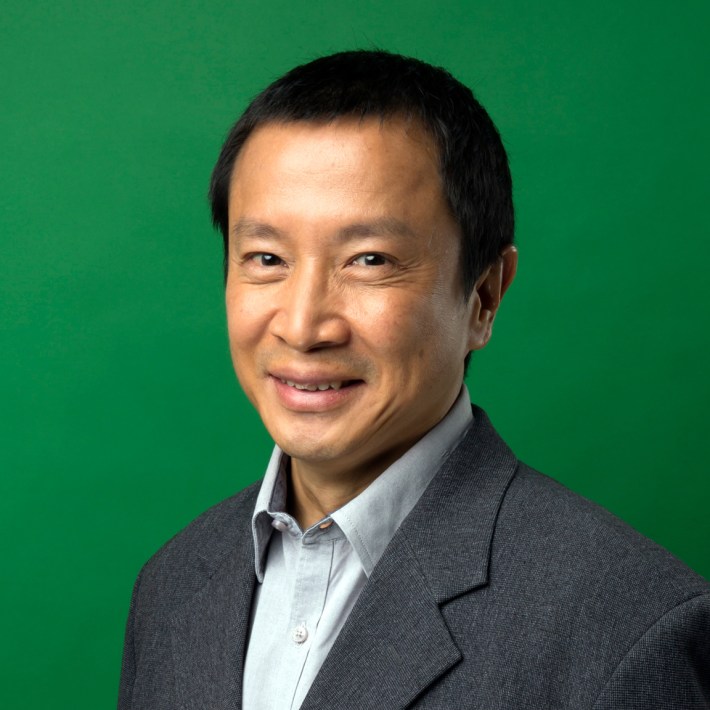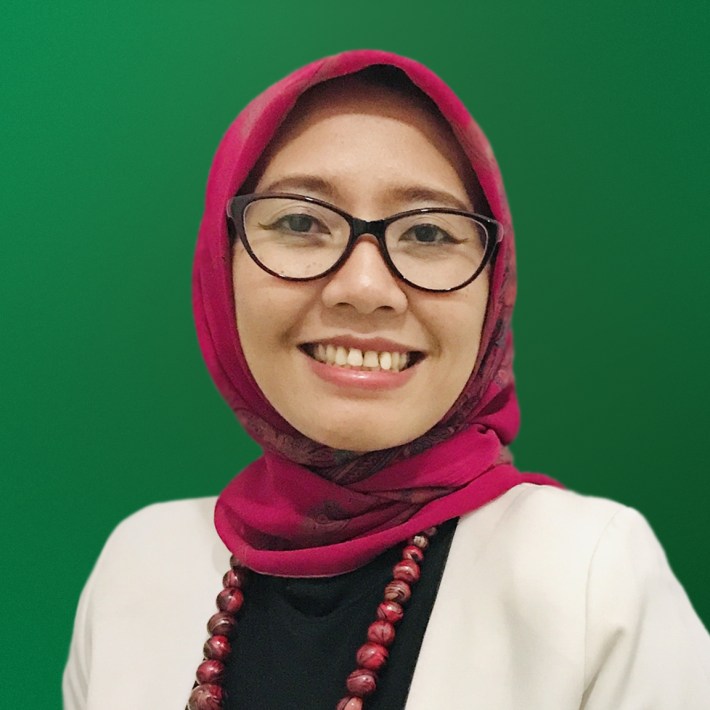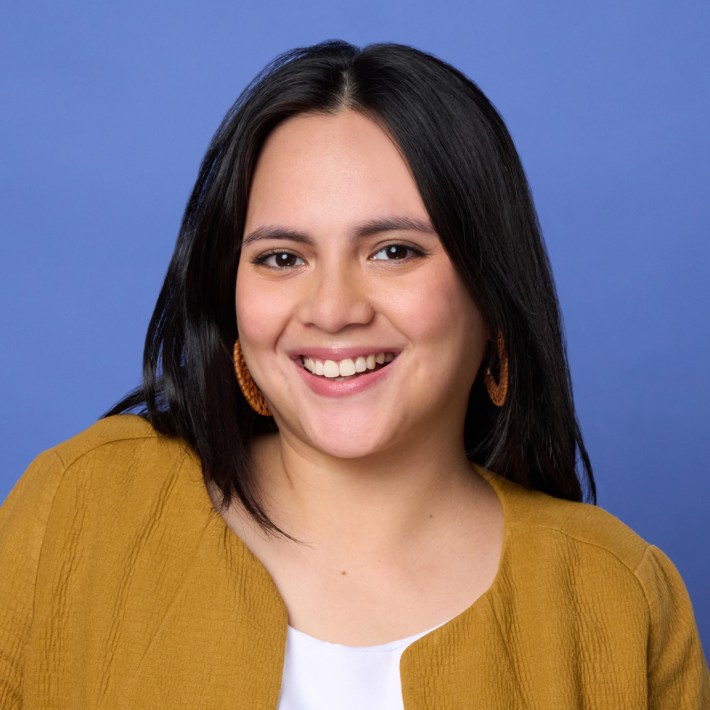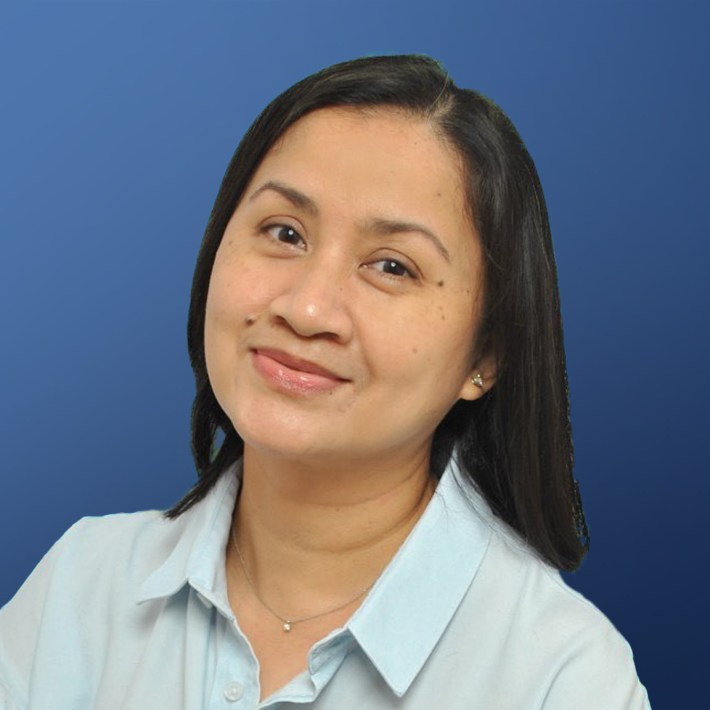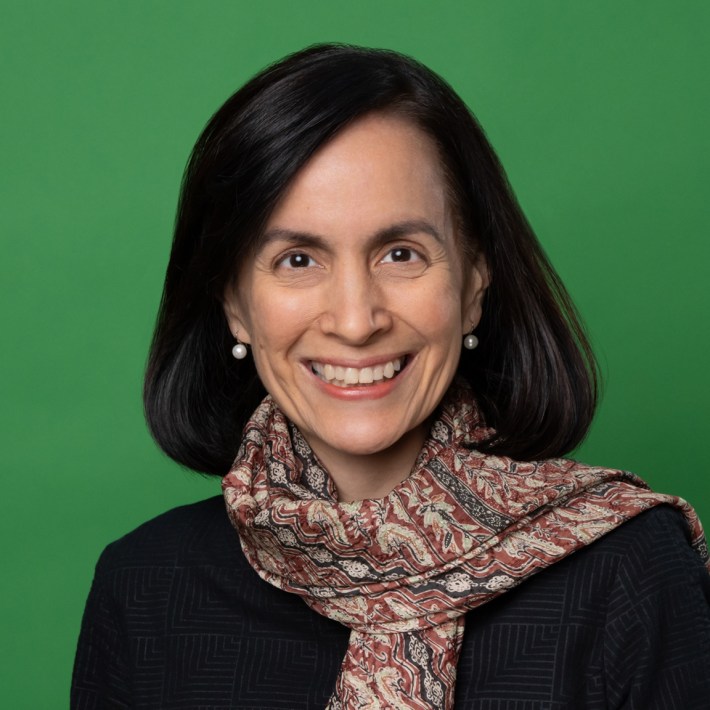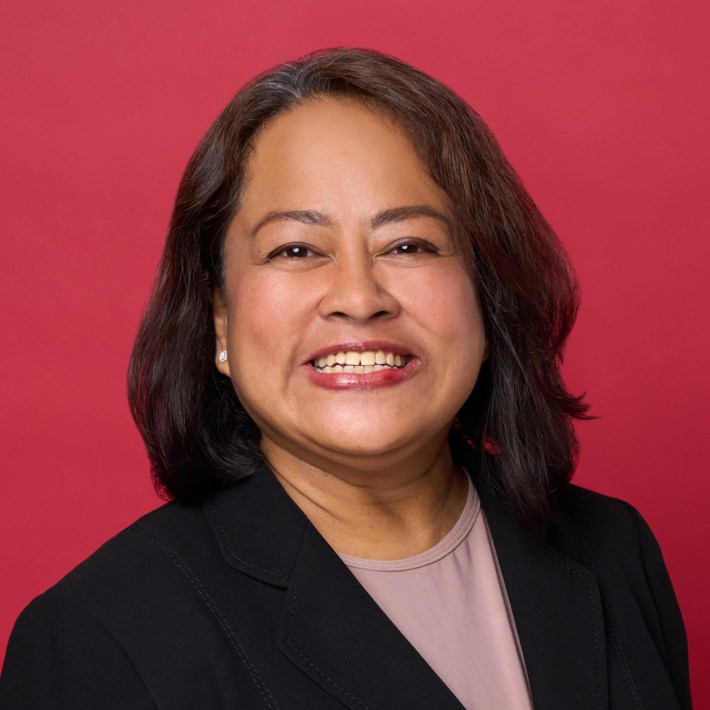Indonesia

As part of the ongoing transition to democracy, Indonesia’s government has worked to create an inclusive society that respects the rights of women and girls, ethnic minorities, cultures, and the poor. Important new policies have been put in place, and vibrant civil society movements are striving to uphold these hard-won reforms.
Today, Indonesia’s democracy is at a crossroads. Despite high rates of economic growth, inequality has increased and marginalized groups continue to be vulnerable. Corruption and intolerance are hampering the country’s progress in fighting inequality and building a society that values diversity. Indonesia’s future depends on the effective implementation of reform. Without it, new policies can do little to address deep-seated inequality—the country’s abundant natural resources will not be used for the benefit of all and groups that have traditionally been excluded from decision making and access to economic opportunities will continue to be left out.
